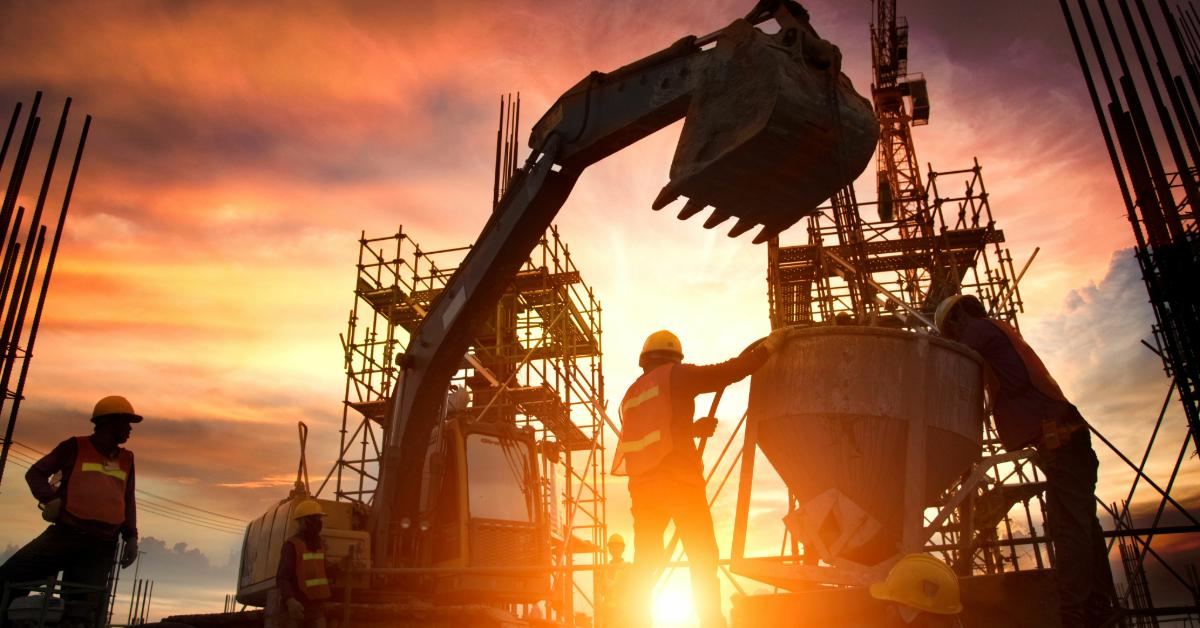
Back when I was a construction lender, I thought the perfect construction loan would pay off after one day, just long enough to collect the loan fee. After all, time is your enemy in construction lending. Any of a myriad of unknowns can keep construction from being completed: the market may evaporate for what is being built, interest rates may rise to make a loan uneconomic, construction costs could increase to require a loan modification or more borrower equity (good luck), just to name a few.
Time is risk. As Gerald O’Driscoll and Mario Rizzo wrote in their book The Economics of Time and Ignorance, “As long as we remain in a world of real time, unexpected change is inevitable, and ignorance is ineradicable.”
In good times senior bank management would regret construction loan payoffs. In the bad times construction loans stayed on the books too long, in need of extensions, with unrecognized problems masquerading as a healthy loan portfolio.
Bank OZK, the hip new name for Bank of the Ozarks, is a construction lender and proud of it. “[Bank OZK] said in its third-quarter management commentary that its record level of originations in 2022 via its Real Estate Specialties Group would ‘continue to contribute meaningfully to funded loan growth’ through the end of this year and into next year,” reports the Wall Street Journal.
But Bank OZK brass is ecstatic. “‘We’re thrilled to death to have loans stay on the books longer,’ OZK Chief Executive George Gleason told analysts in October, noting higher yields and improving loan-to-value and loan-to-cost ratios.”
Wall Street Journal’s piece, entitled “Construction Loans, Like Holiday Guests, Might Hang Around Too Long,” has it exactly right. Construction and land development lending totals increased 9 percent, almost as much as credit card loans. “‘The dirty little secret in commercial real-estate is that loans don’t really get repaid,’ wrote Autonomous Research analyst Brian Foran in a recent note. ‘They get refinanced.’”
Construction loan funding happens over time, and as projects near completion banks see construction loan growth—but, as Mr. Demos writes, permanent financing may not be available
…to reduce that lending. It can be harder to get those permanent loans these days as banks and other kinds of investors are either seeking to lend at higher rates, or are being cautious about things like a property’s value.
“The final project might be delivered into a setting where values are lower than when the developer started,” says Jim Costello, chief economist at MSCI Real Assets.
Even Bank OZK admits that “loan repayments have been subdued” in 2023, and laughingly continued with “as many sponsors have been carefully monitoring interest rates and refinance market conditions to determine when to move projects from construction financing to bridge or permanent loans.”
Sponsors don’t determine this; lenders and the markets do.
Mr. Demos concludes that we should keep an eye on loan growth rather than delinquencies. The growth in stale construction loans has already happened; in 2024 the delinquencies will come.
Alfred Marshall wrote, “The element of time . . . is the centre of the chief difficulty of almost every economic problem.” Bankers have an economic problem and plenty of ignorance.






